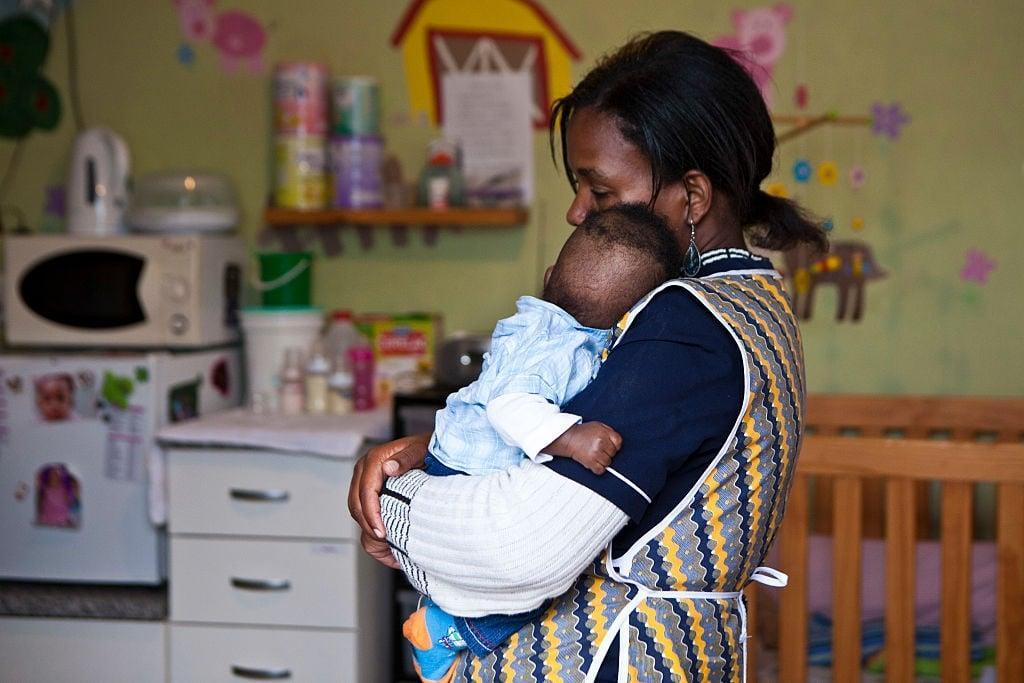
Africa-Press – South-Africa. The Western Cape Department of Social Development allocates more than R108 million to address substance abuse. But non-profit organisations say there is still more work to be done to prevent Fetal Alcohol Spectrum Disorder (FASD).
Social Development MEC Sharna Fernandez explained that when a mother consumes alcohol while pregnant, it can be passed on to her baby through the placenta. This can result in various mental and physical problems for the baby. The most severe form of FASD is Fetal Alcohol Syndrome (FAS).
FASD cannot be cured, which is why women who are pregnant are urged to refrain from drinking alcohol.
Fernandez said the department had allocated R108.8 million to its substance abuse, prevention and rehabilitation programme. It also runs a residential facility for children and adults with severe physical and intellectual disabilities, including those living with FASD.
Fetal Alcohol Syndrome Information Centre (FASIC) founder Vivien Lourens said there would never be enough funding to address the needs of those living with FASD.
She added that few residential facilities cater for those living with FASD and related disabilities and that adults with FASD find it difficult to access job opportunities.
“There needs to be more support for people living with FASD. Once they turn 18, they have nowhere to go and no one to help them.”
Lourens continued:
Pebbles Project CEO Sophia Warner said the organisation ran FASD prevention programmes for pregnant women in farming communities.
She said the women attended a series of workshops and agreed to be breathalysed during their pregnancy. Once the course is complete, they are rewarded with a box of items for the baby.
“A lot of work is done on awareness, but there needs to be longer programmes for the duration of the pregnancy,” said Warner.
“Funding also needs to go to social workers and health promoters.”
Warner added that FASD education needed to extend to schools to ensure that sexually active teens were aware of the dangers of drinking during pregnancy.
Francois Grobbelaar, founder of FASFacts – one of the organisations that receive funding from the provincial government – said an organisation’s funding needs would depend on the type of programmes they offered. FASFacts runs prevention programmes focusing on women in rural communities.
He said that the need for the programmes was “huge”.
Grobbelaar said:
According to the Western Cape government, research by the FASD task team at Stellenbosch University found that 55 out of every 1 000 babies born in the province, are born with FASD.
This was most prevalent in rural communities such as Wellington, Vredenburg and Saldanha.
*Editors note: This story has been edited to reflect that the Western Cape Department of Social Development allocates R108m to substance abuse programmes, not only for FASD awareness.
For More News And Analysis About South-Africa Follow Africa-Press





